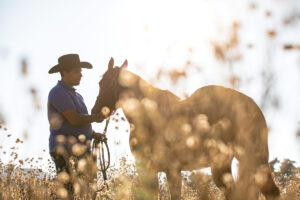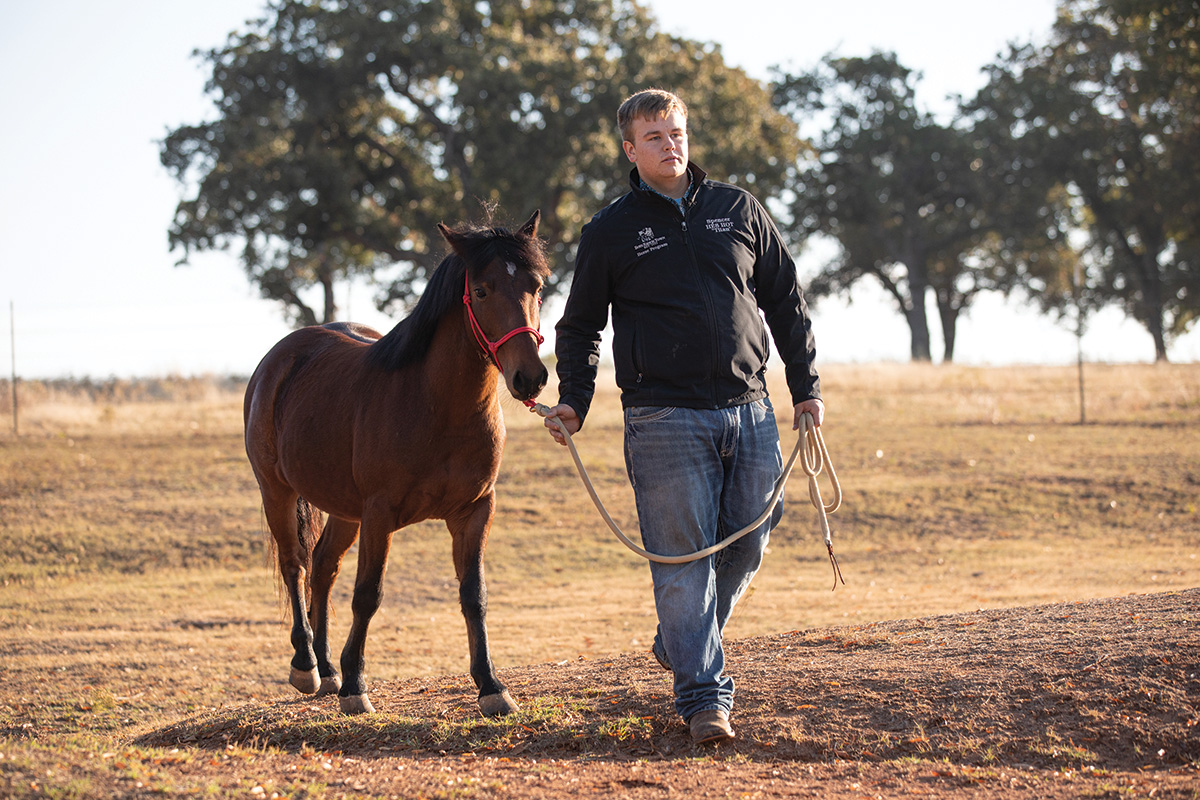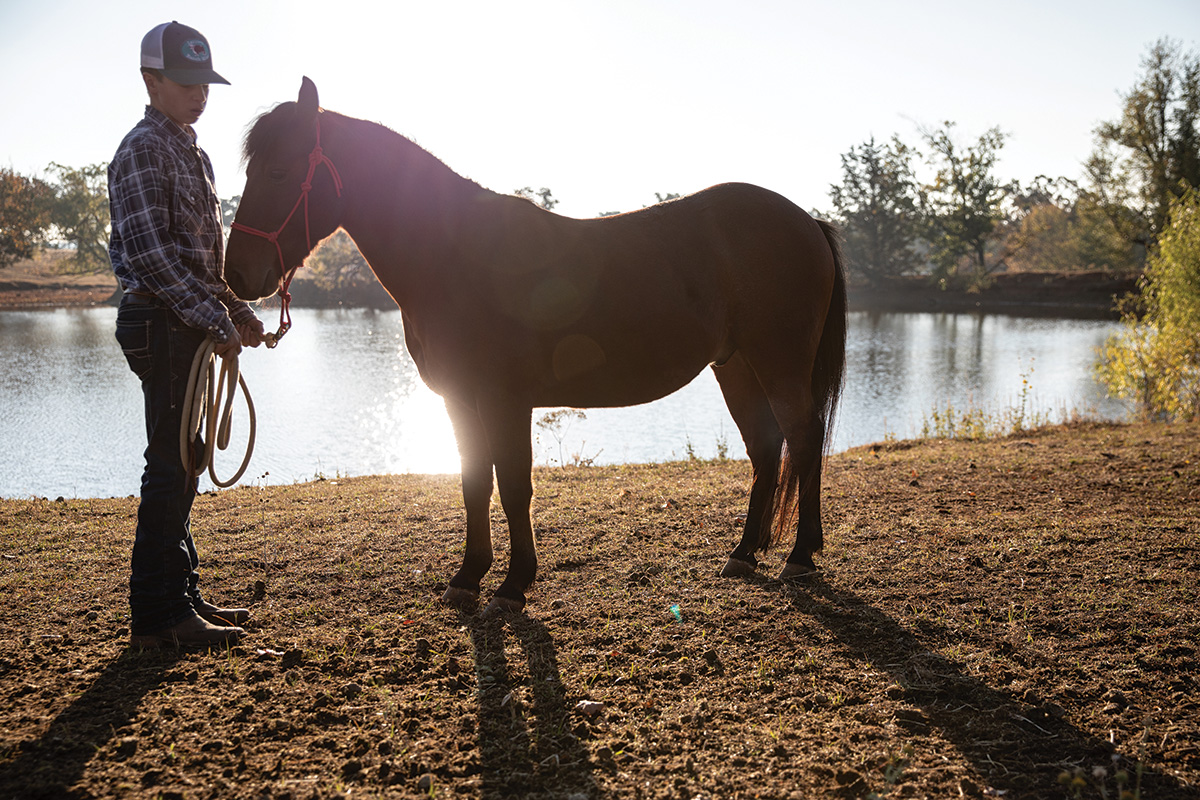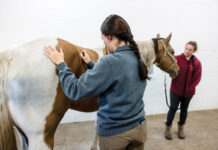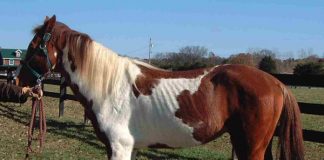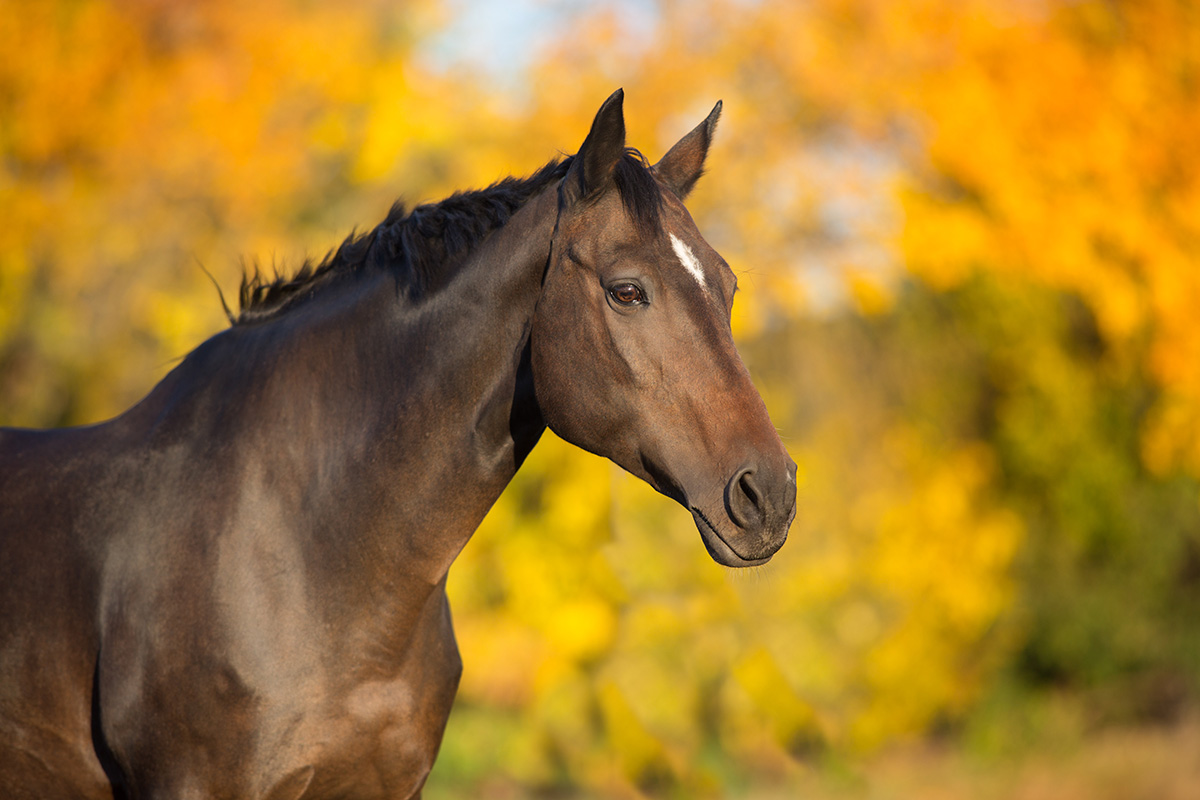
When you think of the term “companion horse,” one that is versatile with the ability to fill a variety of needs isn’t what usually comes to mind. However, according to the American Society for the Prevention of Cruelty to Animals, many of these horses are just that.
While that may be a familiar definition to some, these horses are so much more. Some horses who fall into this category can still be shown in-hand in halter and showmanship classes, compete in agility, thrive in liberty work, practice in-hand trail course obstacles, and more. Others fill a need to be good companions to their pasture or barn mates and owners alike.
What Makes a Companion Horse?
The reasons that horses become unsuitable for under-saddle work are plentiful.
Lack of training, unexplained behaviors that compromise safety, physical limitations that makes riding painful for the horse or unsafe for the rider, age limitations, basic characteristics like size or type, and horses that have a distinct preference for ground or driven work are chief among them.
True Versatility
Just because a horse can’t be ridden doesn’t exclude him from participating in breed organization events and activities.
For example, the Pinto Horse Association of America, Inc., an ASPCA Right Horse Industry Partner, created the On the Trail: Recreational Pinto Program where owners can get rewarded for spending time with their horse, even if that time is on the ground doing such activities as driving, working in-hand, or even just spending time bonding with their horse.
But if this too sounds limiting, consider that these horses can also fill a niche as unmounted therapy horses.
“Sometimes these horses are a great fit for that,” says Caldwell.
While many people dream of riding, there is a growing contingent of equestrians whose dreams don’t involve riding.
“Maybe they originally got into horses because they wanted to ride,” says Caldwell. “But at the end of the day, their favorite part of being at the barn is that time spent grooming and caring for their horse, listening to him munch hay, and brushing or bathing him.”
A Common Misconception
A familiar misconception about companion horses is that they may require specialized care. In reality, even if it is a physical ailment that makes a horse unable to be ridden, not all companion horses require extra medications, treatments, or shoeing.
Caldwell assures potential adopters that if a particular horse does require more than the usual, the organization has an open book policy with full disclosure as to what those needs may be.
“If someone is looking to adopt one of these horses, the horse will come with a thorough vetting, support from the adoption organization, information about what the horse needs, and what caring for that horse is going to look like,” she says.
Adopting Companion Horses Fills a Need
Caldwell says that about 40 percent of the horses available through the ASPCA’s Right Horse Adoption Partners can be categorized as companion horses.
“It varies between groups,” she says. “Some of our groups specialize in this population of horses, while others get them much less frequently.”
It can be easy to jump to the conclusion that companion horses are more difficult to adopt out. However, the biggest obstacle is finding ways to connect these horses to the people who want to enjoy horses from the ground.
Caldwell cites the ASPCA’s Equine Transition and Adoption Center as a good example of ways that the organization is working to match these types of horses with just the right owners.
When to Adopt a Companion Horse
If companion horses have piqued your interest, adopting one may be the right decision for you. Caldwell advises that when considering adopting a companion horse, one of the biggest considerations is what your goals are for the partnership.
“If you have one horse on your property that needs a companion or if you love spending time in the company of horses, or maybe you want to introduce your grandkids to horses, a companion horse can be a wonderful way to do that,” she says. Many companion horses are fantastic-natured, very easy to handle on the ground, and have a lot of love to give.
“If you want to bond and have that deep, special connection with a horse, a companion horse can be a great option,” Caldwell adds.
There are still other reasons to adopt a companion horse.
“For those who want to make a difference, give back, and be there to support horses, a companion horse can be a way to make that difference,” she says.
Finally, if you were once a rider who no longer feels safe astride, or your goals have simply changed, companion horses can be a great way to continue your involvement with horses.
An Adoption Success Story |
Next Steps for Adopting a Companion Horse
If adopting a companion horse seems like a good fit for you, the ASPCA maintains a website, MyRightHorse.org, where hundreds of adoptable horses—including companion horses—can easily be found from equine adoption facilities around the country.
This article about companion horse adoption appeared in the October 2023 issue of Horse Illustrated magazine. Click here to subscribe!

